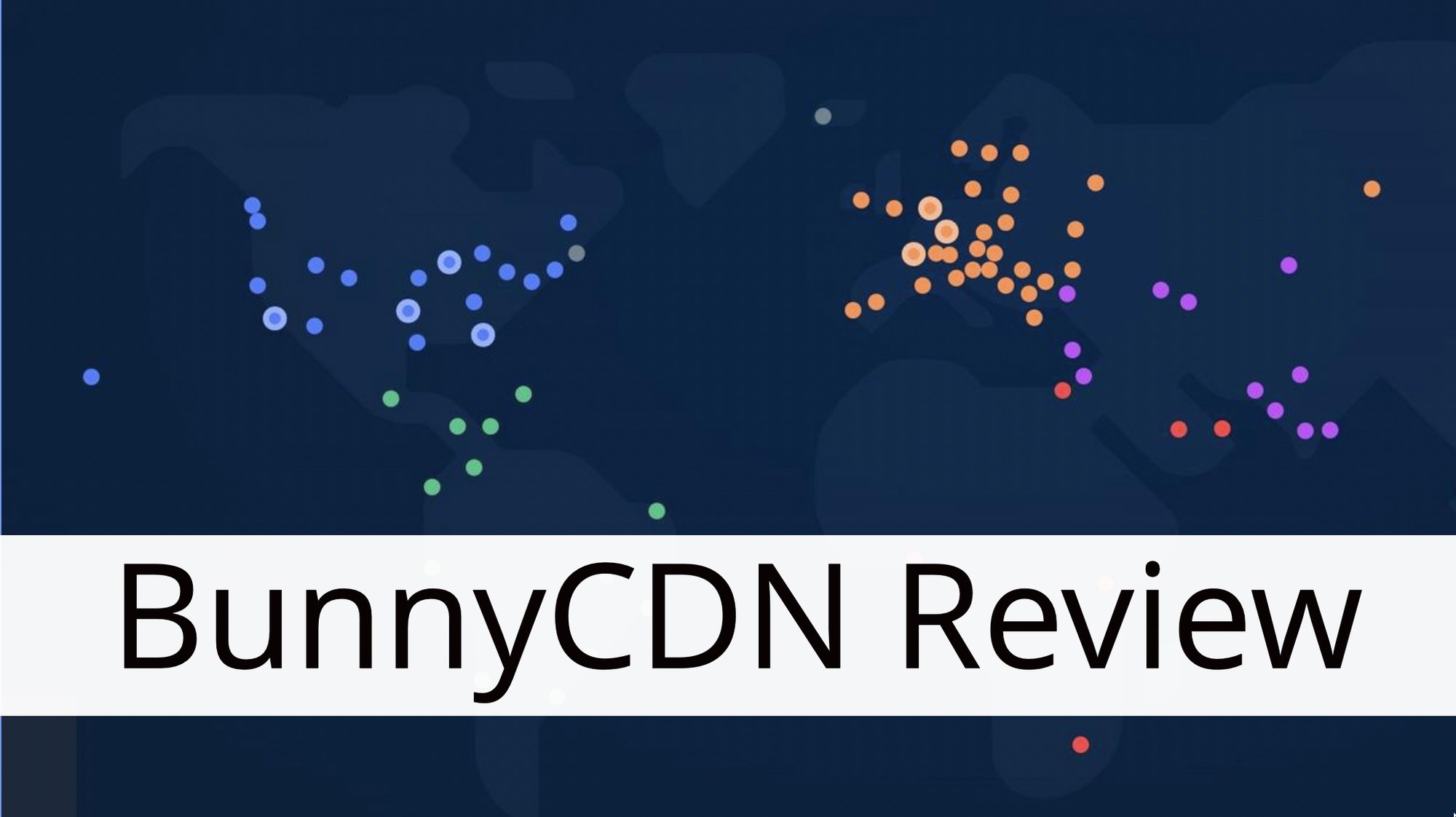NVMe storage servers have become a popular choice for businesses looking to increase performance and reduce latency in their data centers. But what exactly is NVMe, and how can it benefit businesses? This quick guide will provide an overview of what NVMe is, why it’s important, and how businesses can get the most out of it.
What is NVMe?
NVMe (or Non-Volatile Memory express) is a high-performance storage protocol designed for flash storage media, such as solid state drives (SSDs) and other types of NAND flash memory. The protocol enables very low latency data transfers over a PCI Express (PCIe) bus.
NVMe was designed to address the challenges of traditional storage solutions, such as hard disk drives (HDDs). Whereas hard disk drives use spinning platters to store data, NVMe stores data on memory chips. This allows for much faster reading and writing of data than traditional HDDs can offer.
NVMe drives are typically connected to a server using a PCIe interface. This enables the NVMe drives to communicate directly with the server’s processor and memory, eliminating the need for a separate storage controller. This direct-attached storage approach reduces latency and improves overall system performance.
Why is NVMe Important?
As businesses become increasingly reliant on technology, they are beginning to recognize the importance of high-performance storage solutions. NVMe-enabled servers can provide exceptional read/write speeds, along with lower latency and higher input/output operations per second (IOPS).
In addition, NVMe storage servers can help free up system resources. By taking the data storage process away from the processor and memory, more system resources can be dedicated to running applications and services. In addition, NVMe storage solutions can reduce power consumption and decrease costs over time.
Types of NVMe Storage Servers
NVMe storage servers come in a variety of forms. Businesses can choose from standalone servers, shared storage solutions, and hybrid solutions, depending on their needs. Let’s look at each of these in greater detail.
Standalone Servers
Using a standalone server for NVMe storage is ideal for businesses that require high-performance storage for applications that are extremely sensitive to latency. Standalone servers allow direct access to the storage system, meaning the storage system is isolated from the network and not subject to network latency. This can make a big difference in how quickly data is accessed and how efficiently system resources are used.
Shared Storage Solutions
Shared storage solutions allow multiple servers to access the same storage system. This can be beneficial for businesses that need to share data between multiple servers or applications. Shared storage solutions provide higher performance than traditional shared storage solutions, as they are not limited by the constraints of traditional storage infrastructure.
Hybrid Solutions
Hybrid solutions combine the benefits of standalone and shared storage, allowing businesses to tailor their storage solutions to their specific needs. Hybrid solutions provide businesses with a flexible, customizable platform that can be tailored to their performance and budget requirements.
Getting the Most Out of NVMe Storage Servers
NVMe storage servers can provide businesses with many benefits, from faster performance and lower latency to greater cost savings and system resource optimization. The key to getting the most out of NVMe storage is to select the right server for your needs.
To make the best selection, you’ll need to identify your requirements, such as the number of users who need access to the storage, the data types and sizes you’ll be storing, and the type of storage you need. You’ll also need to consider how much storage space you’ll need and how much you’re willing to spend.
Once you have a better understanding of your requirements, you’ll be able to identify the ideal NVMe storage server for your business. This way, you’ll be able to leverage the power of NVMe technology to help your business gain a competitive edge.
Conclusion
NVMe storage servers can provide businesses with a number of benefits, from faster performance and lower latency to greater cost savings and system resource optimization. By understanding the different types of NVMe storage servers, businesses can make an informed decision about the storage solution that’s right for them and get the most out of their storage investments.



















